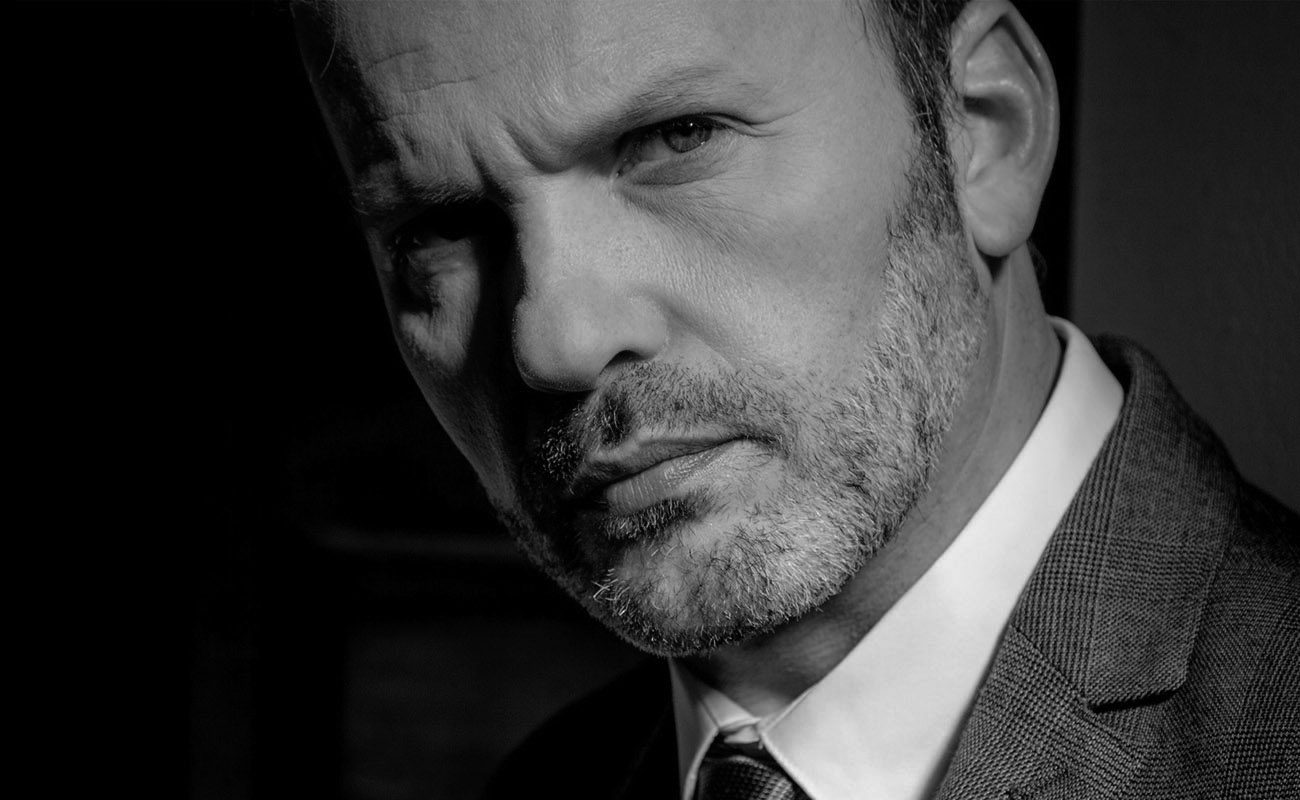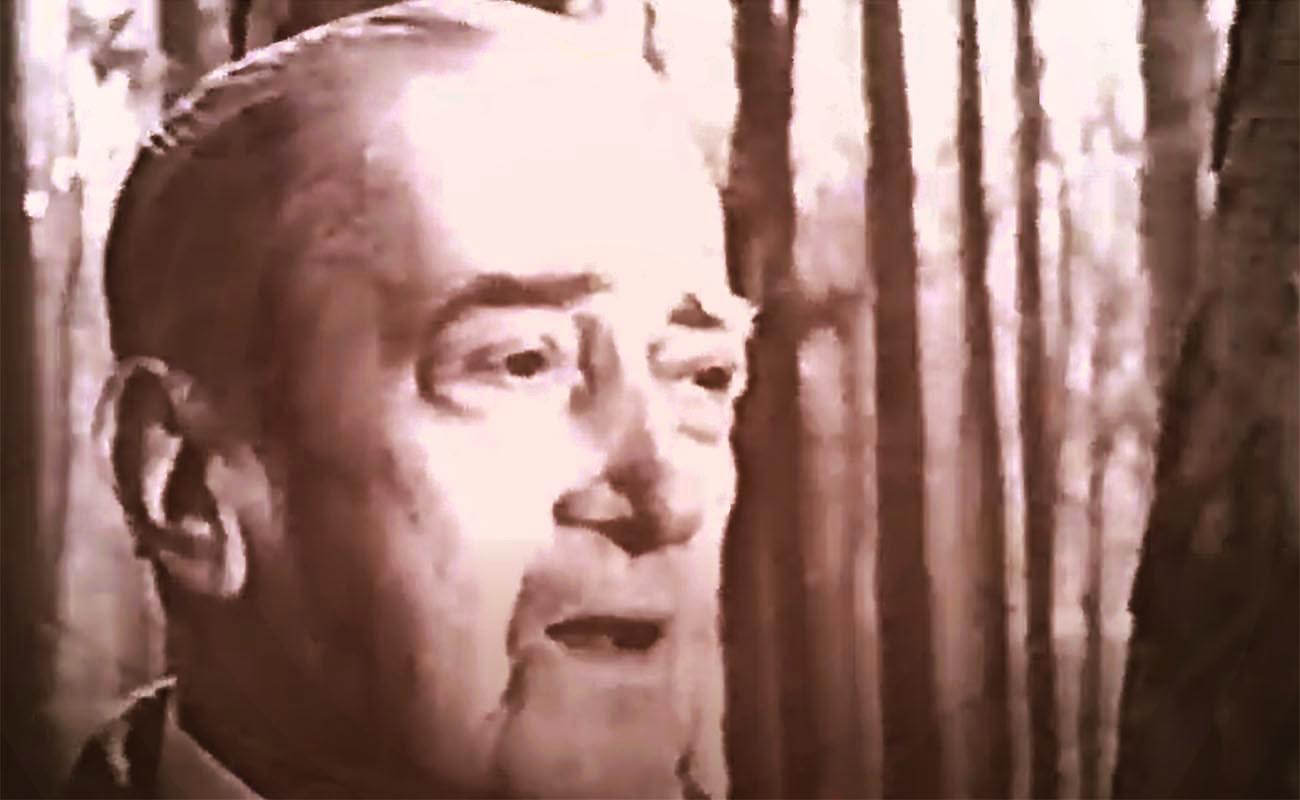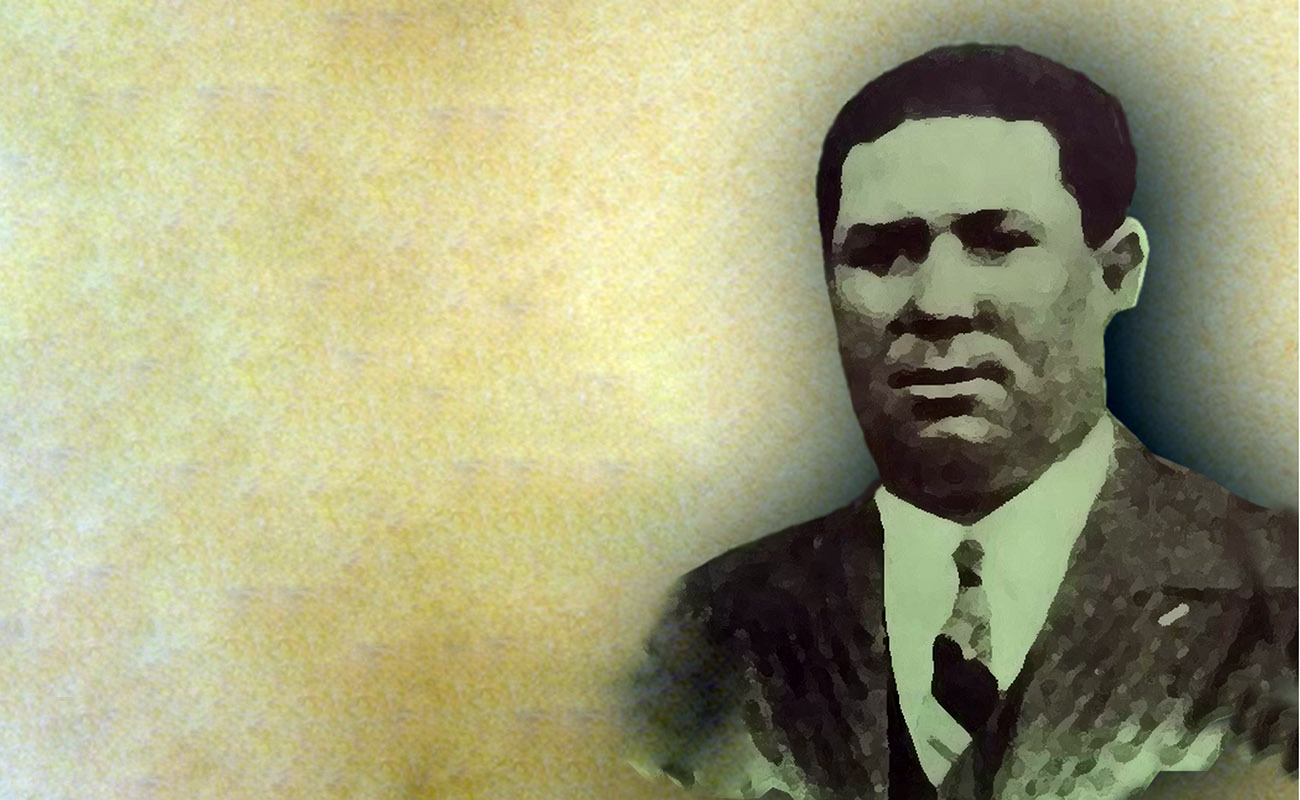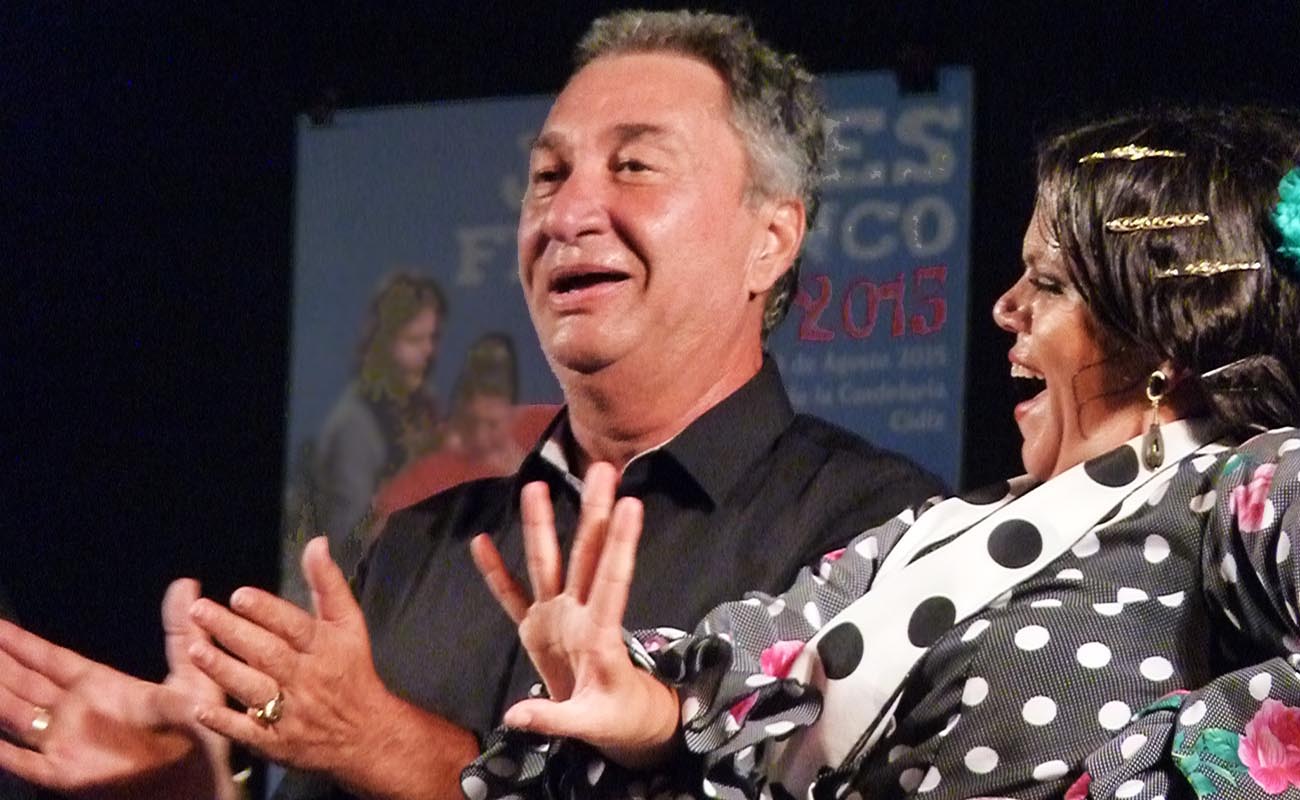David Pino: «Arcángel is a cantaor whom I deeply respect and admire»
The new director of the Flamencology Chair of the University of Córdoba states that he’ll be able to perform and teach constantly before a public which, in this case, are his own students. And he agreed with Arcángel that, «wherever we end up, it’s always temporary, because nothing lasts forever».

The cantaor David Pino, from Puente Genil (Córdoba), is the new director of the Flamencology Chair of the University of Córdoba. A sensible and cultured cantaor with a great personality, he states that, in case he had to pick among teaching at the Córdoba Conservatory, performing on stages or being the director of the Flamencology Chair, he would choose the latter, without a doubt, although he understands that all three are compatible. His true passion is singing, but he likes teaching and it’s a job he’s qualified for, because he’s a certified teacher in Musical Education. The Flamencology Chair and Córdoba are fortunate.
– Do you think it’s compatible to teach at the Conservatory, lead the Flamencology Chair of the University of Córdoba, sing in peñas and theaters and spend time with your family?
– Teaching at the conservatory, alternating with the Flamencology Chair and having an artistic career are not only compatible activities, but they advance each other. My teaching work is the result of my love for this art, from my perspective as cantaor. Besides, Tamara, my partner, loves this world and she joins me whenever she can. It’s a perfect circle.
– If you had to pick just one of these activities, which one would you choose?
– Without a doubt, I’d pick the Flamencology Chair. My true passion is singing, followed by teaching. The only demand stated by the Advisory Council — a happy demand — is that I must have a regular teaching activity while I’m director of the Chair. Thus, I’ll have the opportunity to sing and teach constantly, before a public which, in this case, are my own students.
– Who is David Pino? Do you think he is a renowned and popular cantaor?
– I hate having to define myself, because I think that’s one thing that others should do, if necessary. I’m a cantaor who has been taught from an early age that flamenco is a full-time career. That has remained etched in my mind. I’ve never let my guard down and I’ve always striven to stay motivated and improve myself each and every day.
«Truths of cante flamenco: the development of flamenco as an artistic expression is not in conflict with academia. And Enrique Morente has been one of the best singers of seguiriyas in history»
– Why have you only released one album? Do you think that recording is not that important?
– Recording is OK, but I think it’s more important to have access to the channels that can make a recording reach the office of those in charge of programming. In this sense, it’s a total aberration the way that hiring policies have been undertaken in order to design certain programs. Even so, after I settle in this new stage of my life, I’ll make some time to record in a studio again, no matter what. We have started this already…
– Would you like to record any cante you’ve never record before?
– I’d like to keep expanding my repertoire — I’m on it — getting to know myself better as cantaor and continuing to have experiences in other areas such as theater and other musical genres…
– Tell me three big lies in the history of cante.
– Three big lies: flamenco is not an art of minorities; it’s necessary to suffer a lot to be able to be a good singer; having the UNESCO declare flamenco as Intangible Cultural Heritage was going to be a windfall. Oh, and flamenco is the best music in the world (although, obviously, it’s the genre I like the most).
«I’m a cantaor who has been taught from an early age that flamenco is a full-time career. That has remained etched in my mind»
– Now tell me three big truths.
– The development of flamenco as an artistic expression is not in conflict with academia. The improper use of social networks is contributing to encourage, in general terms, the trivialization of the responsible and serious work of the true professionals. And Enrique Morente has been one of the best singers of seguiriyas in the history of cante flamenco.
– What’s your opinion about the way Arcángel was dismissed from his position as director of the Flamencology Chair? It’s a touchy matter, so you can skip this question if you want.
– Arcángel was the first person I called after the university Rectorate approved my nomination. He congratulated me and wished me the best luck and said that he wanted to celebrate it with me. Arcángel is a cantaor whom I deeply respect and admire. We’ve known each other for over 20 years and in all this time he’s always been endearing and respectful. With our conversation he proved once again that he’s a red-blooded gentleman. We also agreed that, wherever we end up, it’s always temporary, because nothing lasts forever.
– Are you afraid that the same thing may happen to you?
– I was the coordinator of Córdoba’s City Council’s Contest of Young Flamenco Artists for six years, until I decided to quit on my own accord. I resigned at the time when the rights of colleagues and young artists that I was responsible for protecting were being eroded. Thus, I’m familiar with having and quitting positions of responsibility. Naturally, I’ll do my best for my work to be effective. I’ll try to succeed, because I’m very excited and eager to get to work.






